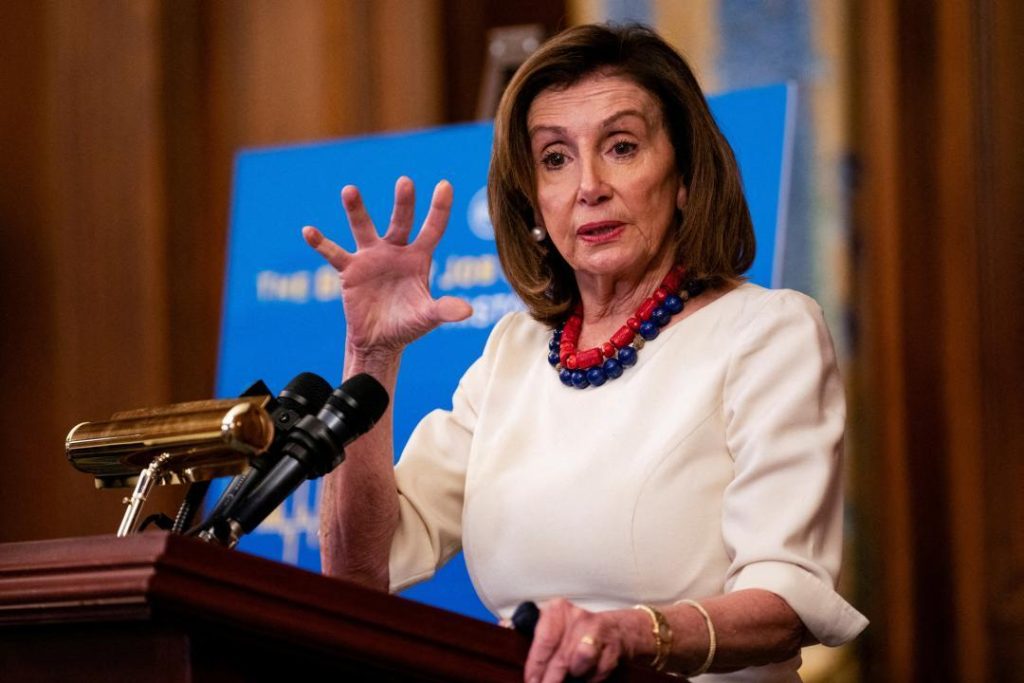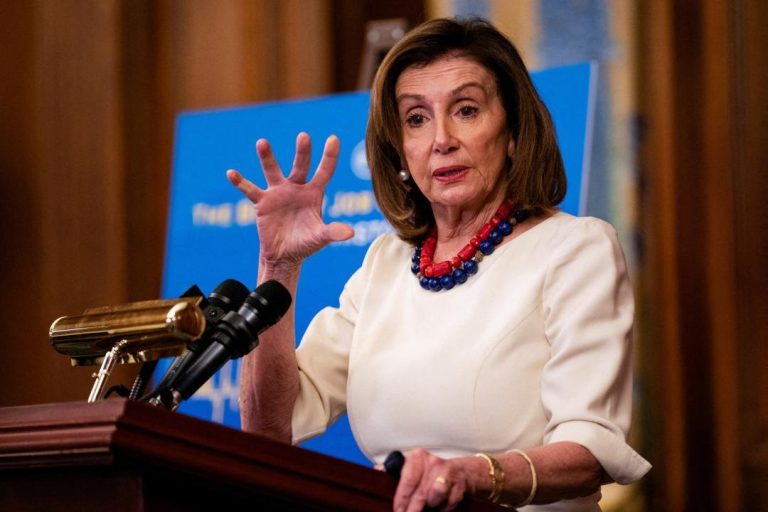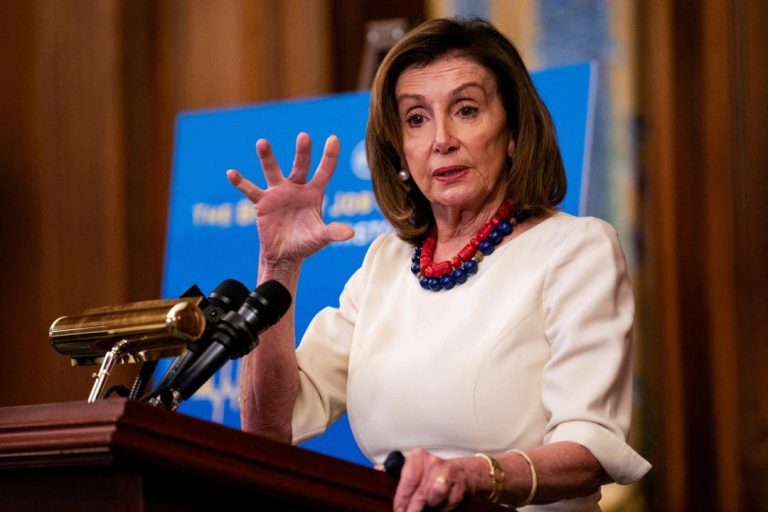
What is the PELOSI Act and Why is it Named After Former US Speaker Nancy Pelosi?
The Preventing Elected Leaders from Owning Securities and Investments (PELOSI) Act, reintroduced by US Senator Josh Hawley, aims to prohibit lawmakers and their spouses from holding or dealing in stocks while holding office. The act is a significant move towards addressing the issue of insider trading and conflict of interest among government officials. But what is the PELOSI Act, and why is it named after former US Speaker Nancy Pelosi?
The PELOSI Act, as the name suggests, is a bill that seeks to prevent elected leaders from owning or dealing in securities and investments while holding office. The bill would prohibit lawmakers and their spouses from buying, selling, or trading individual stocks, as well as other securities, such as mutual funds (MFs), exchange-traded funds (ETFs), and Treasury bonds.
The bill is named after Nancy Pelosi, the former Speaker of the US House of Representatives, who has been accused of enjoying significant stock market gains during her term in office. Pelosi, along with her husband Paul Pelosi, has been criticized for their investments in various companies and industries, which have benefited from government policies and actions.
The PELOSI Act is a response to concerns about the lack of transparency and accountability among government officials when it comes to their financial dealings. Critics argue that lawmakers and their spouses have an unfair advantage when it comes to investing in the stock market, as they have access to non-public information and can influence government decisions that impact the value of their investments.
The bill would require lawmakers and their spouses to divest themselves of any individual stocks and other securities, and would prohibit them from buying or selling such securities while holding office. Lawmakers would be allowed to invest in MFs, ETFs, and Treasury bonds, which are less likely to be influenced by government actions.
Senator Josh Hawley, who reintroduced the bill, stated that the PELOSI Act is necessary to restore trust in government and to prevent conflicts of interest. “When elected officials have a financial stake in the outcome of policy decisions, it creates a serious conflict of interest,” Hawley said. “This bill would ensure that our elected representatives are focused on serving the public interest, not padding their own pockets.”
The PELOSI Act has been met with mixed reactions from lawmakers and political analysts. Some have praised the bill as a necessary step towards increasing transparency and accountability in government, while others have criticized it as an attack on lawmakers’ rights and freedoms.
Critics of the bill argue that it would limit lawmakers’ ability to diversify their investments and would create an unfair burden on them. They also argue that the bill would not address the root causes of insider trading and conflict of interest, and would instead create a new set of rules and regulations that would be difficult to enforce.
Supporters of the bill, on the other hand, argue that it would help to restore trust in government and would prevent conflicts of interest that could harm the public interest. They also argue that the bill would help to level the playing field for ordinary investors, who are not able to influence government decisions and are not given access to non-public information.
The PELOSI Act is a significant development in the ongoing debate about government accountability and transparency. As the bill makes its way through Congress, it will be important to continue to monitor its progress and to consider the implications of its passage.
In conclusion, the PELOSI Act is a bill that seeks to prevent elected leaders from owning or dealing in securities and investments while holding office. The bill is named after former US Speaker Nancy Pelosi, who has been accused of enjoying significant stock market gains during her term in office. The bill would prohibit lawmakers and their spouses from buying, selling, or trading individual stocks, and would require them to divest themselves of such securities. The bill has been met with mixed reactions from lawmakers and political analysts, and its passage will depend on the outcome of ongoing debates and negotiations.



